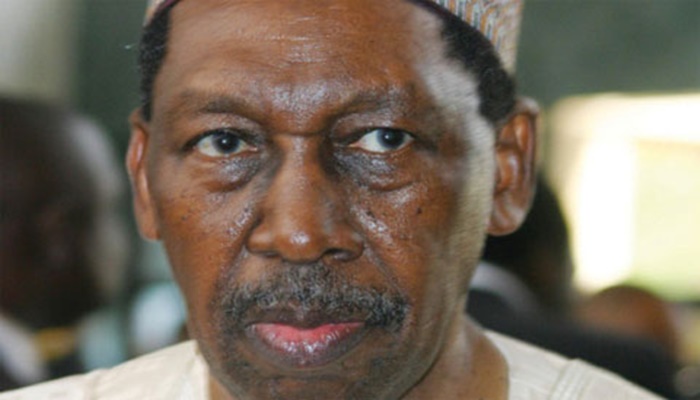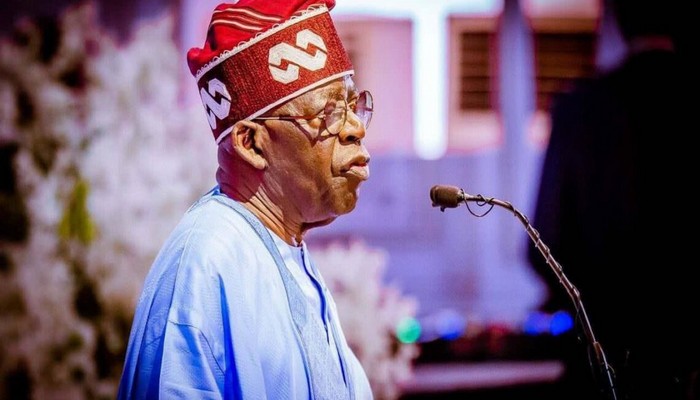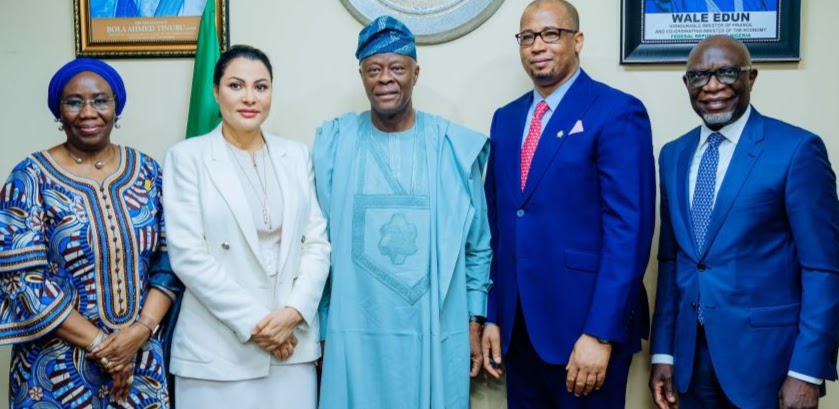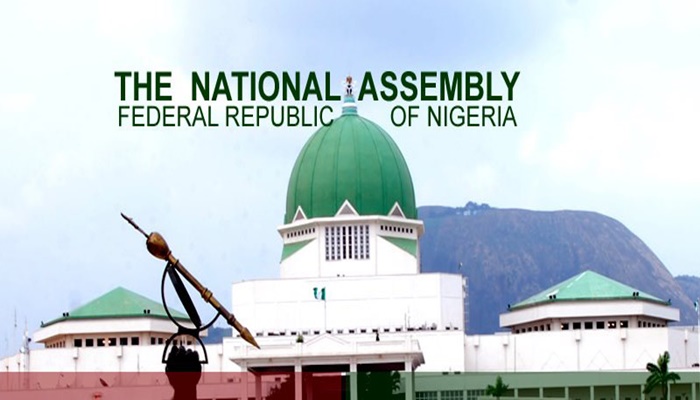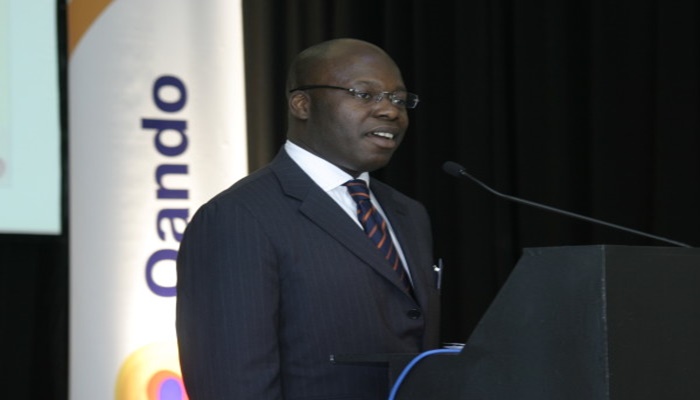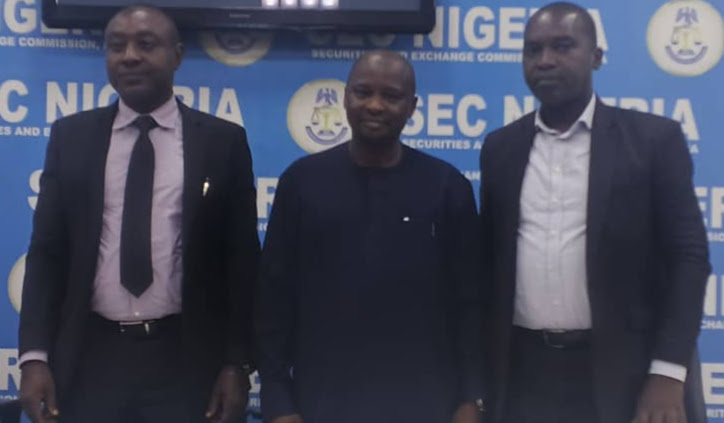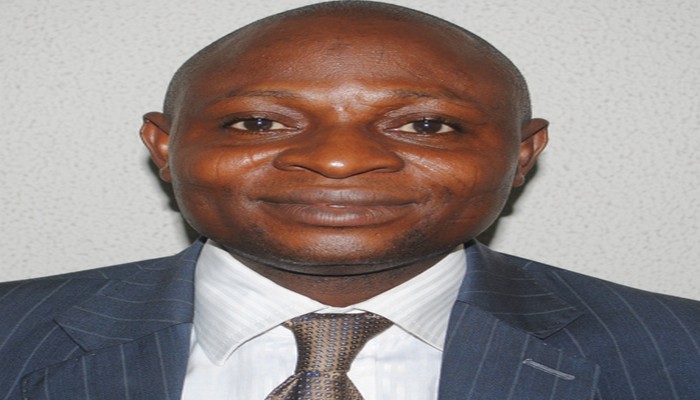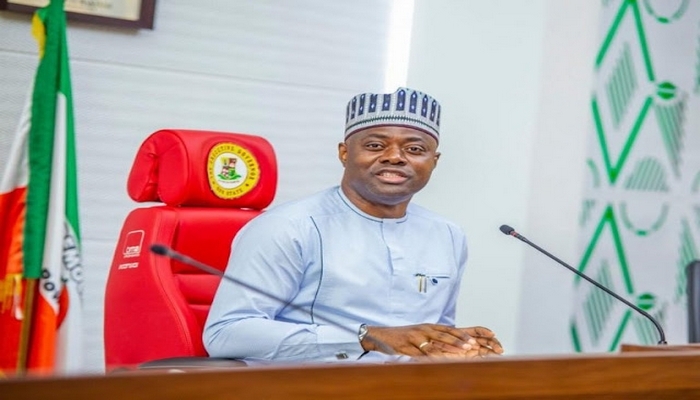By Moshood Isamotu
One of the development indices that best describes Nigeria’s present state is that it has a huge deficit of infrastructure both in quality and quantity. For a country of over 200 million people with an annual 2.4% population growth rate, Nigeria needs an investment of $2.3 trillion over the next 30 years to close its public infrastructure deficit, according to the Reviewed National Integrated Infrastructure Master Plan. The Plan says Africa’s most populous nation must spend $150bn annually to achieve this target.
From this, three things are certain. First, there are high infrastructural gaps in Nigeria. Second, a huge investment is needed to bridge the gap. Sadly, government revenue is on the decline, and the debt burden is stifling.
Nigeria’s present infrastructure deficit, amounting to 30% of its GDP, falls short of the international benchmark of 70% for emerging economies set by the World Bank.
The infrastructure gaps in Nigeria manifest in a lack of good roads and railway networks; poor power generation, transmission, and distribution systems; and poor water, health, housing, and education facilities, among others. Their inadequacy has stunted the country’s development for many decades despite geometrical increases in demands.
It is clear that Nigeria’s economic potential is constrained by structural issues such as inadequate infrastructure, among others. Budgeting by Nigerian states is also patterned in favour of recurrent expenditure.
Since development and standard of living have a correlation to the profile of infrastructure available in any given society, it is just natural that Nigerians are below global benchmarks in their quality of life.
Lack and poorly maintained infrastructure also trigger factors for anti-social behaviour that threatens the socio-political environment in Nigeria.
The reasons for the poor state of Nigeria’s infrastructure are however not mysterious.
A long time of neglect, lack of consistency in policy formulation and implementation, burgeoning population, low revenue and budget allocation, corruption, and many more factors are responsible.
But central in all of these is the reputation of Nigeria’s very poor maintenance culture. For several reasons, both individuals and institutions are guilty of this. How do you explain the reason for the very poor state of public infrastructure staring at us and we seem not to be bothered? If not Nigeria, where else do citizens have so much distaste for its leaders to the extent that public assets are treated in a way that is best described as destructive? There is a lack of ownership spirit in the way Nigerians treat its public infrastructure.
To participate effectively in the maintenance of infrastructures, we need to take ownership.
Ownership culture alludes to a situation where citizens treat public infrastructure exactly the same way they handle theirs.
A casual survey in all parts of the country will reveal a series of aggressive destruction of public assets by the same these assets are meant to benefit. It is a common sight, even in major cities, to see the removal of electricity cables, oil pipes, bridge rails, fence wire, and strangely, rail tracks. In Lagos, all the manholes on the roads are gone before our eyes, road crossbars are being pulled down, telecom assets are stolen, and the destruction of roads and streetlights is not viewed as an abnormality.
It is all part of our wasteful culture. We hate ourselves to the extent that we inflict and deliberately invite death into our homes. Or how else do you assess the mental state of someone who vandalized bridge rails meant to prevent vehicles from landing in a valley in case of an accident or someone removing rail tracks for a few Naira causing a train to derail?
During the ENDSARS protest a few years ago, monumental public assets and public transportation vehicles were destroyed all in an attempt to register a protest. That is anger taken too far.
Sure, it is not everyone that is into this mental deficit behaviour but there is collective guilt here. Several times, we see public assets being vandalized, but we prefer to look the other way because it is not personal property. A tiny individual cannot be subjecting the majority to an inconvenience by their destructive habit and the majority looks the other way.
The exponential growth of the population in many cities brings with it a challenge of inadequate infrastructure and a maintenance plan that is grossly insufficient for the number of people who utilise the public infrastructure.
Indeed, the government carries the burden of the poor maintenance culture. Ex-Governor Babajide Fashola of Lagos State explained this with an ‘Open Window Theory’ when the government or individual allows a little problem to grow into a bigger or more complex one. It simply means, that by leaving small problems to fester, you invite the bigger problems. An understanding of this Concept, he said, was responsible for the success he made in infrastructure renewal in Lagos.
The lesson is that the government must have a deliberate contingency plan for regular maintenance of existing infrastructure by factoring this into the conceptualization and execution of public projects. Thinking through any public assets project is very critical.
The standard is that three to four percent of a nation’s GDP is expected to be expended on infrastructure building and maintenance. But in Nigeria, this is far low.
We need to learn from saner climes where there are consequences for bad actions, and a crime against the public good is treated with dispatch. There, systems track offenders and justice is well dispensed. Some well-meaning people are already calling for the setting up of a Public Infrastructure Protection Tribunal. Nothing is too much really if one considers the rate at which public infrastructure is being destroyed and the huge amount being expended to restore facilities.
Public advocacy, re-orientation campaigns, and awareness programs on the protection of public infrastructure are also desirable.
The public, whose interest is being served with the public assets, must own the assets. It is not just enough not to be part of the malady; people must see an attack on public assets as a destruction of their own share of the assets.
Deployment of modern technology surveillance to protect national assets, especially in the cities should be considered.
A strong commitment to appropriate budgetary allocation and the political will to execute quality public asset projects with maintenance clauses is very critical.
Moshood Isamotu,
Executive Director, Brand Intelligence Limited and Editor, Infrastructure Development Magazine






